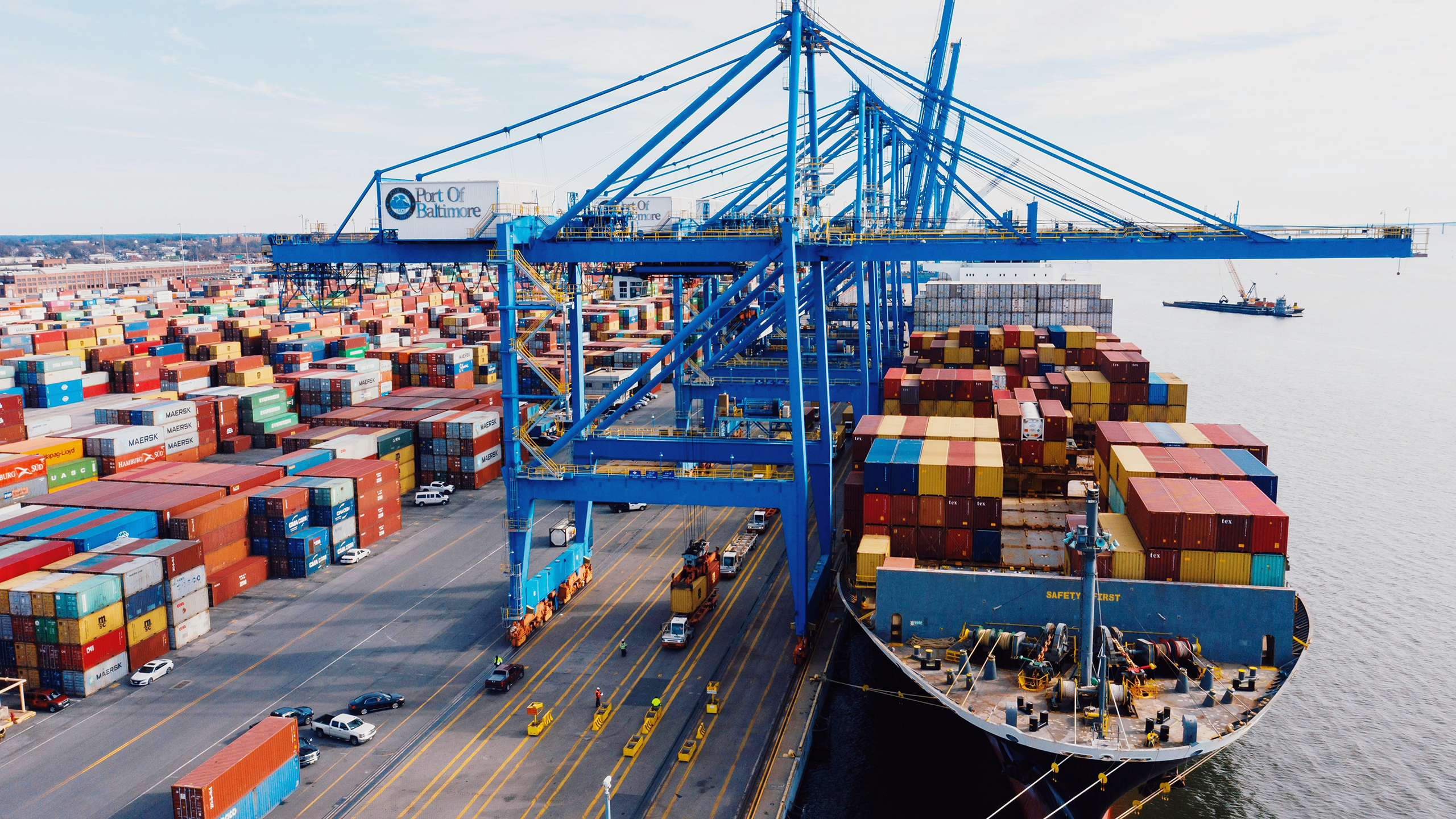Supply Chain Crisis Looms Amid Port Strike Threats
The International Longshoremen’s Association is set to strike if a new contract can’t be reached with the United States Maritime Alliance.

Sign up for smart news, insights, and analysis on the biggest financial stories of the day.
It’s perhaps the biggest threat to supply chains since the pandemic, which is why we refer to it as the union variant.
In less than a week, the International Longshoremen’s Association (ILA), North America’s largest maritime workers’ union, is set to strike if a new contract can’t be reached with the United States Maritime Alliance (USMX).
Industry groups warn that supply chains could be thrown into complete disarray, with ports up and down the US — responsible for billions in daily trade — at a standstill.
‘A Sleeping Giant is Ready to Roar’
The ILA and USMX last met in May, but negotiations broke down in June and haven’t (formally) resumed since. As the clock has ticked closer and closer to strike day, market observers have been left with increasingly feverish nightmares. A coalition of nearly 200 trade groups warned last week, “A strike at this point in time would have a devastating impact on the economy, especially as inflation is on the downward trend.”
The central sticking point in negotiations is wages. “Our members are struggling to pay their mortgages and rent, car payments, groceries, utility bills, taxes, and in some cases, their children’s education,” the ILA said in a statement, noting its rank-and-file members won’t sign contracts with sub-dollar wage increases after 30 years of 2% average hikes — even 0% in some years. If the ILA and USMX can’t agree on a new contract, a staggering amount of economic activity will be in immediate jeopardy:
- The contract up for renewal covers all ports from Maine to Texas, including Houston, Miami, New York, and New Orleans — East and Gulf Coast ports account for over 68% of America’s containerized exports and over 56% of containerized imports, representing $2.1 billion in trade value every day, according to the National Association of Manufacturers.
- Global supply chains would feel an immediate sting. One example: “The Germany to Charleston and Savannah corridor is crucial for European automakers which would be shut down in the event of a strike,” wrote Jim Mancini, the vice president of North American surface transportation at logistics firm C.H. Robinson.
“A sleeping giant is ready to roar on Tuesday, October 1, 2024, if a new Master Contract Agreement is not in place,” ILA president Harold Daggett said.
Deus Ex Machina? A last-minute intervention, such as when the Biden administration moved to stop a freight rail strike in 2022, is highly unlikely. The White House said last week that it plans to stay out of this one.











